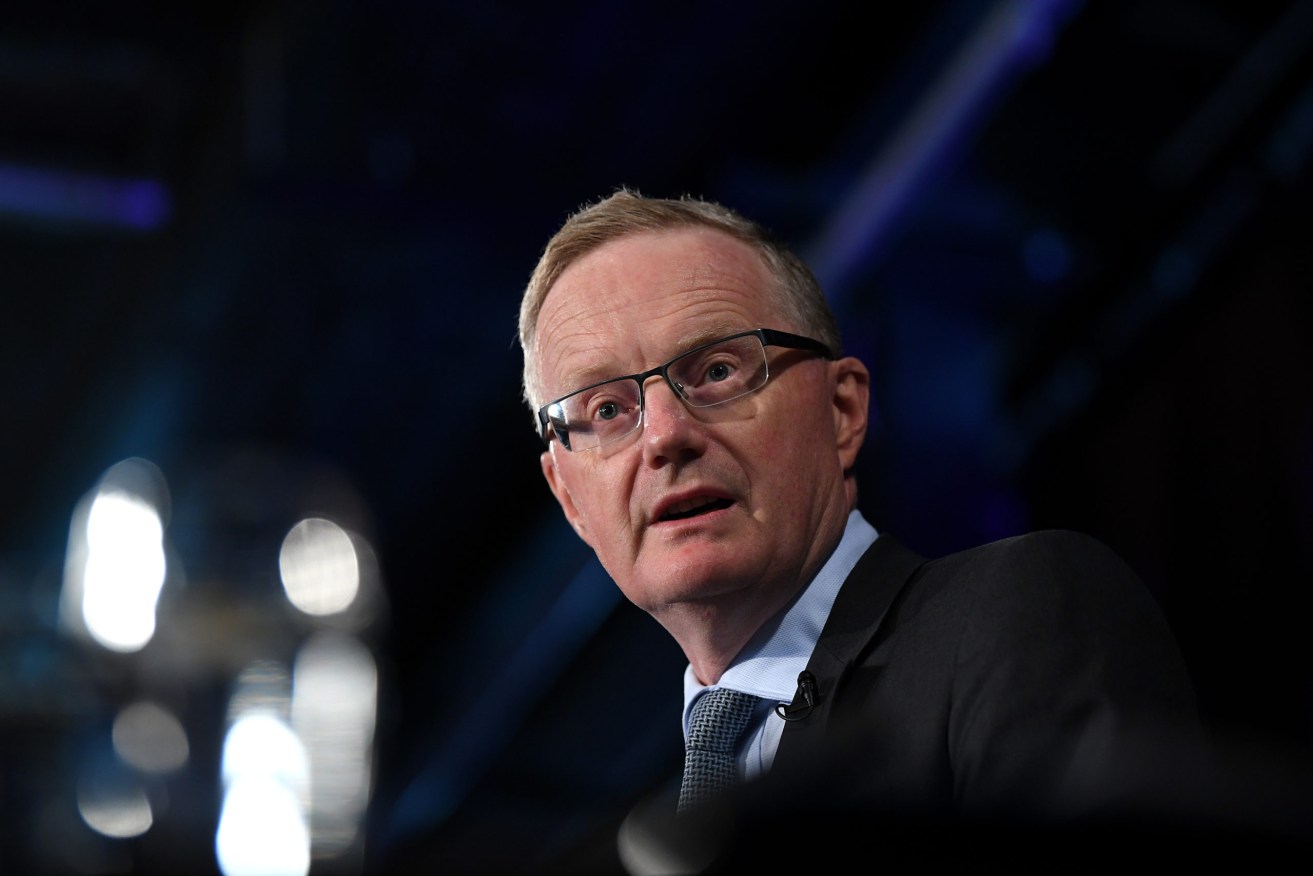Confidence continues to build as most expect Reserve to make another rates cut
The Reserve Bank of Australia is widely expected to cut the cash rate at its monthly board meeting, and while the reduction is expected to be modest it could propel consumer confidence even higher.

Reserve Bank Governor Philip Lowe. (Photo: AAP Image/Joel Carrett)
Ahead of Tuesday’s meeting, the ANZ-Roy Morgan consumer confidence index rose for a ninth straight week, rising 0.2 per cent to 99.9 points, its highest level since March and when the coronavirus pandemic struck.
Consumer confidence is a pointer to future household spending.
However, the latest overall weekly reading disguised a concerning shift with the sub-index for “current financial conditions” falling by more than six per cent.
This was the biggest weekly decline since the extreme weakness in March.
“This may be a sign that the cutbacks in the JobKeeper and JobSeeker payments are starting to be felt,” ANZ head of Australian economics David Plank said.
However, he also cautioned against reading too much into the result as the sub-indices can be volatile.
Speculation of an interest rate cut has been rife since a speech by Reserve Bank Governor Philip Lowe last month, when he indicated the central bank is ready to do its bit to support the recovery from recession.
He said the board judged there was little to be gained from further monetary easing when the pandemic was at its worst.
“As the economy opens up, though, it is reasonable to expect that further monetary easing would get more traction than was the case earlier,” he said.
Economists widely predict the RBA will cut the cash rate to 0.1 per cent from the already record low of 0.25 per cent, the first change since March.
The same reduction will go for its three-year bond yield target rate and its term funding facility rate for banks.
And in its increasingly complex monetary policy actions in a low interest rate environment, economists also expect the RBA to start buying five to 10 year bonds to further keep market interest rates and funding costs low.
Shadow Treasurer Dr Jim Chalmers said the RBA had only been put in the position of taking “extreme measures” because the Morrison government was cutting back its support too soon.
“When unemployment is high and rising, Scott Morrison can’t leave too much of the heavy lifting to the Reserve Bank,” Chalmers said.
If the cash rate cut is passed on in full by the retail banks, the average monthly saving could be about $55 on a $400,000 loan for an owner-occupier paying principal and interest.
-AAP












